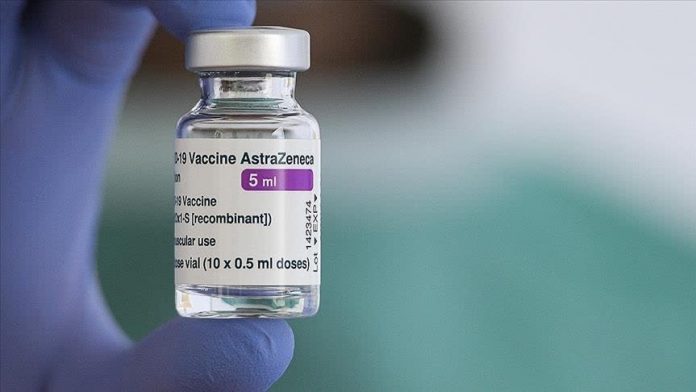BANGKOK (NNT) – The administration of AstraZeneca and Sinovac vaccine doses in the last five months is creating immunity to COVID-19 in Thailand, with almost all recipients having a high level of antibodies.
According to research on the COVID-19 vaccines’ immune response by the Center of Excellence in Clinical Virology of Chulalongkorn University’s Faculty of Medicine, both the AstraZeneca and Sinovac vaccines create high levels of immunity.
Researchers measured the level of antibodies against COVID-19 variants in blood samples. Antibodies were detected in 71 out of 73 recipients, or 97.26 percent, four weeks after they received the first dose of the AstraZeneca vaccine. No further information is available, as the recipients have yet to receive their second shot.
Regarding the age and gender of the AstraZeneca vaccine recipients during the four-week period, antibodies were detected in 29 out of 31 male recipients, or 93.55 percent, and all 42 female recipients. All recipients aged between 18 and 59 years old developed antibodies. As for recipients who are over 60 years old, 27 out of 29, or 93.11 percent, developed antibodies.
Meanwhile, antibodies were detected in 124 out of 188 people, or 65.96 percent, three weeks after they received the first dose of the Sinovac vaccine. After the second dose was given in the fourth week, 196 out of 197 recipients developed antibodies. The Sinovac vaccine is able to stimulate the immune system, with antibodies created after the first dose. Almost all recipients, or 99.49 percent, have a high level of antibodies after receiving the second dose.
The research confirms that both the AstraZeneca and Sinovac vaccines are very effective in stimulating the immune system, with 97.26 percent of the AstraZeneca recipients having a high level of antibodies four weeks after receiving their first shot. In addition, 99.49 percent of the people, who received both shots of the Sinovac vaccine, have antibodies to help protect them against COVID-19.



